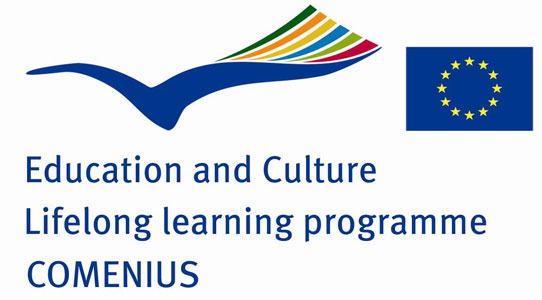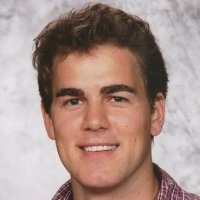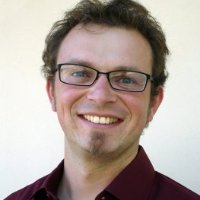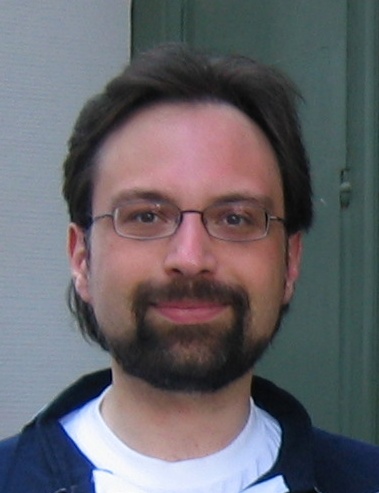
The Pedagogic University (Pädagogische Hochschule, PH) is one of nine schools that belong to the University of Applied Sciences Northwestern Switzerland (FHNW). FHNW research ventures emphasise the direct implementation of research findings and the strengthening of North-western Switzerland as a vibrant hub of knowledge and industry. The four key working areas are innovation, interdisciplinary collaboration, national and international partnerships, e.g. active involvement in European research programmes, and a cooperative atmosphere – for the benefit of our administrative staff, teaching faculty, and students alike. The University employs 1.229 faculty staff and 1.135 administrative staff. Its governing body is the Interparliamentary Commission formed of the four funding cantons. The FHNW Directorate consists of the directors and heads of the nine affiliated schools, one of which is the applicant.
The Pedagogic University (Pädagogische Hochschule) consists of six departments (Early Childhood Education, Primary Education, Secondary Education, Special Needs Education, Continuous Teacher Education, Research and Development). With about 2.000 undergraduate and postgraduate students and more than 30.000 participants in CPD courses the applicant is one of the biggest teacher training institutions in the country. The educational philosophy is committed to nurturing an international and human centred culture in the fields of research and development as well as in academic teaching and learning. It belongs to a national and international network of partner universities, facilitating student and faculty exchange and fostering joint research projects. The PH FHNW has substantial expertise related to process and content management, development of integrated courses, interdisciplinary education in teacher training and creation and implementation of interactive course material (e-Science). Projects in the field of multilingual collaborative research, embodied learning in music/mathematics and e-Science were carried out successfully with an international partner network.
The Chair of Music Pedagogy and the Chair of Mathematics Didactics at the PH FHNW Institute for Secondary Education as well as the Swiss Centre for Didactics of Mathematics support the project with know-how on music and maths didactics, concepts of teaching and learning, transdisciplinarity and curriculum development. The Division of Weiterbildung und Beratung (Continuous Teacher Education) supports the transfer to teachers and schools. There is a tradition of collaboration as well with the different Chairs for Languages Didactics in the Institute for Primary Education and Secondary Education as well as Pilot Teachers we are working with.
Aktuelle Informationen zum Projekt
People
|
|
Prof. Markus Cslovjecsek holds the chair for Music Pedagogy at the Institute of Secondary Education I+II at PH FHNW. He developed several courses on transdisciplinarity like “Klang und Bewegung – Lerntools im Unterricht”, organised a certificate of advanced studies course (CAS) in “UnterrichtsgestaltungmitMusik” and a Comenius CPD course on Music and Language learning. Steering Group member in the Comenius LLP Project EMP-L (2009-2012). This email address is being protected from spambots. You need JavaScript enabled to view it. |
|
|
|
Prof. Dr. Helmut Linneweber heads the Mathematics Didactics at the Institute for Secondary I + II and teaches philosophy at the University of Bern. His work focuses on logic and philosophy of science, philosophy of mathematics, mathematics and language, visualizations in mathematics education, development of educational standards for mathematics. |
|
|
|
Samuel Inniger is research associate at the School of Teacher Education of the University of Applied Sciences and Arts Northwestern Switzerland. He holds a BA in musicology and history and a MA in music pedagogy. As project coordinator of the European Music Portfolio EU-Comenius-Project "Sounding Ways into Mathematics" (2013-2016), his work and research focuses on the integrated perspective of music education. Furthermore, he has experience in long-term evaluation of early education projects. This email address is being protected from spambots. You need JavaScript enabled to view it. |
|
|
|
Dipl. Des. Daniel Hug has an extensive musical background and has been teaching sound design for interactive media and games since 2005. In this context he developed an innovative teaching methodology for Sonic Interaction Design. He works as scientific assistant and lecturer at the chair for Music Pedagogy at the Institute of Secondary Education I+II at the School of teacher education of the University of Applied Sciences Northwestern Switzerland. This email address is being protected from spambots. You need JavaScript enabled to view it. |
|
|
|
Dr. Martin Guggisberg holds a M.Sc. in Physics. Since 2000, Guggisberg acts as coordinator in different research projects in the field of nanoscale science, e-learning and e-Science. The launch of the nanoscale science e-learning platform “nano-world” of the Swiss Virtual Campus and the later integration into “LiLa” - a European eContentPlus project - was a main effort of his scientific work. He focuses on development of interactive mathematical objects and remote/virtual experiments, on modelling of time-dependent systems, on mechanisms modification and visualization of data in cooperative virtual knowledge spaces. This email address is being protected from spambots. You need JavaScript enabled to view it.
|
|
|
|
Andreas Richard is lecturer and research associated for Mathematics Didactics at the School of teacher education of the University of Applied Sciences Northwestern Switzerland. This email address is being protected from spambots. You need JavaScript enabled to view it. |
|
|
|
Dr. Boris Girnat is lecturer at the University of Applied Sciences PH FHNW. He ran several courses on introducing new media as teaching tools at secondary schools and as additional offers to traditional lectures on mathematics at university level. His research work focuses on the geometrical part of secondary teacher's curricular beliefs, i.e. on the individual considerations teachers use to plan, hold, and evaluate their lessons on teaching elementary and analytic geometry. The use of interactive geometry software is also part of this study. |









